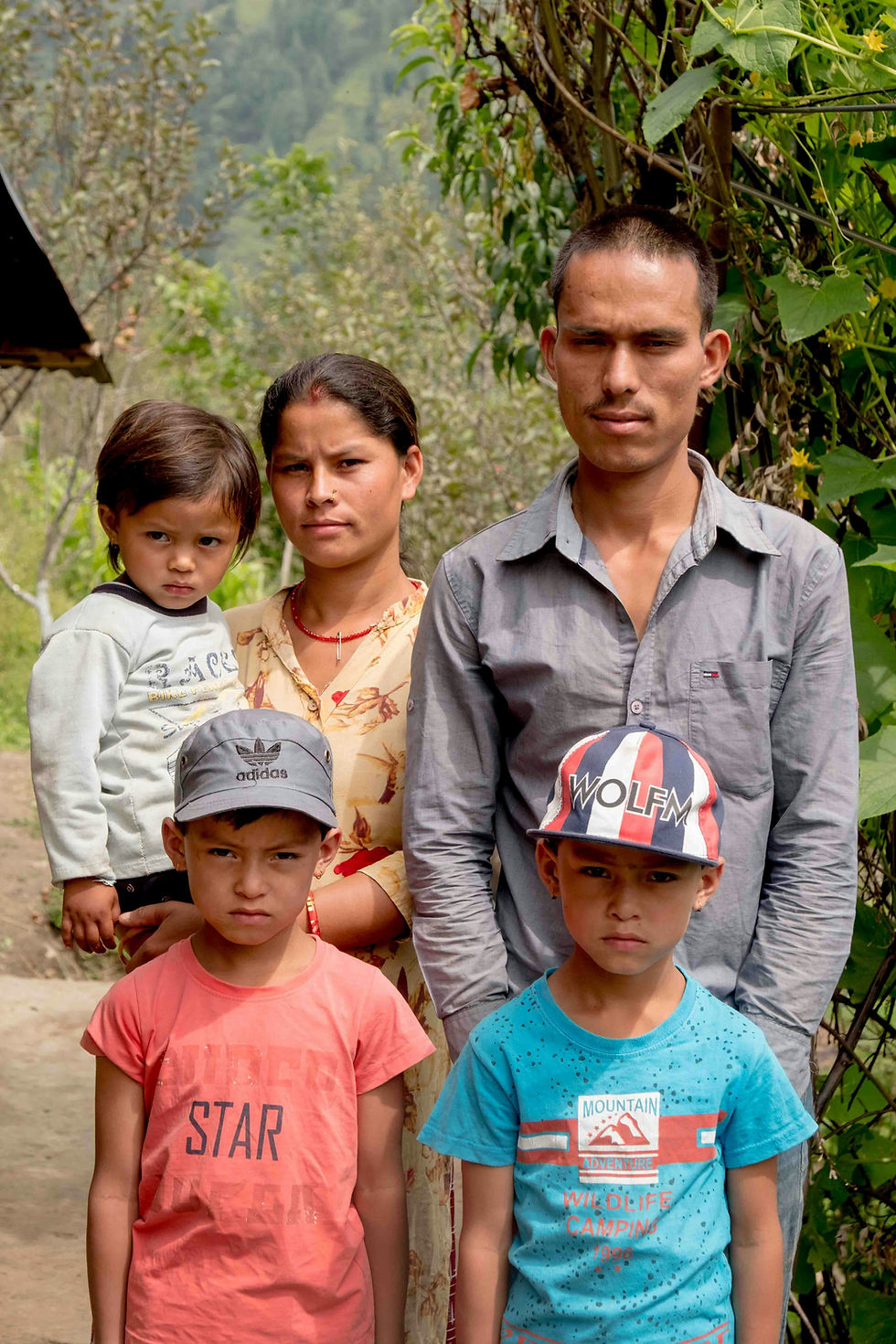Parenting and Family-Based Intervention: A Critical Facet of Prevention
- National Prevention Science Coalition

- Nov 10, 2016
- 2 min read
Updated: Oct 14, 2020

There is a multi-decade history of empirically tested parenting and family-based interventions to address many areas of prevention (e.g., children social, emotional, and behavioral problems; child maltreatment; difficulties at school entry; adolescent misconduct and substance abuse; etc.). Furthermore some of the parenting/family-based interventions useful for prevention are also applicable to treatment and early intervention (link, link, link, link, link).
The Coalition for Evidence-Based Policy provides recommendations on tested programs including some parenting/family-based interventions. Even though the CEBP is no longer operating, its website provides some very good leads on programs.
Blueprints for Healthy Youth Development is an excellent source for all kinds of evidence-based prevention and intervention programs including parenting and family-based programs. Blueprints describes many programs and provides useful information about evaluations of each. Some programs have progressed beyond Blueprints updates, but it is nonetheless a valuable starting point for finding programs. It is recommended to concentrate on programs identified as either “model” or “promising.”
Cost-benefit analyses of various programs including most of the evidence-based parenting and family interventions can be found at the Washington State Institute for Public Policy. WSIPP looks at several relevant domains including early childhood, child welfare (including prevention of child maltreatment), delinquency, and other relevant areas.
Of additional note is that there is work going on in the United States to strengthen the link between parenting programs and primary health care. The National Prevention Science Coalition to Improve Lives is involved in this work and has co-hosted a Congressional briefing on this topic.
There are also related resources available at the website for the American Academy of Pediatrics.
Leslie, Laurel, et al. (2016) Primary Health Care: Potential Home for Family-Focused Preventive Interventions. American Journal of Preventive Medicine.
McMahon, R.J. (2015). Parent management training interventions for preschool-age children (pp. 1-8). Encyclopedia on Early Childhood Development. Montreal, Quebec: Center of Excellence for Early Childhood Development.
Prinz, R.J. (2012). Effective parenting to prevent adverse outcomes and promote child well-being at a population level. In D. Mick, S. Pettigrew, C. Pechmann, & J. Ozanne (Eds.), Transformative consumer research for personal and collective well-being, pp. 285-598. New York: Taylor & Francis.
Prinz, R.J. (2016). Parenting and family support within a broad child abuse prevention strategy. Child Abuse & Neglect, 51, 400-406.
Prinz et al. (2009 & 2016): Population-wide approach to prevention of child maltreatment (published in Prevention Science).
Ron Prinz, Ph.D.; Professor & Director of the Parenting & Family Research Center, University of South Carolina.
Neil Wollman, Ph.D.; Senior Fellow, Bentley Service- Learning Center, Bentley University. Co-Director of the National Prevention Science Coalition to Improve Lives.




Comments